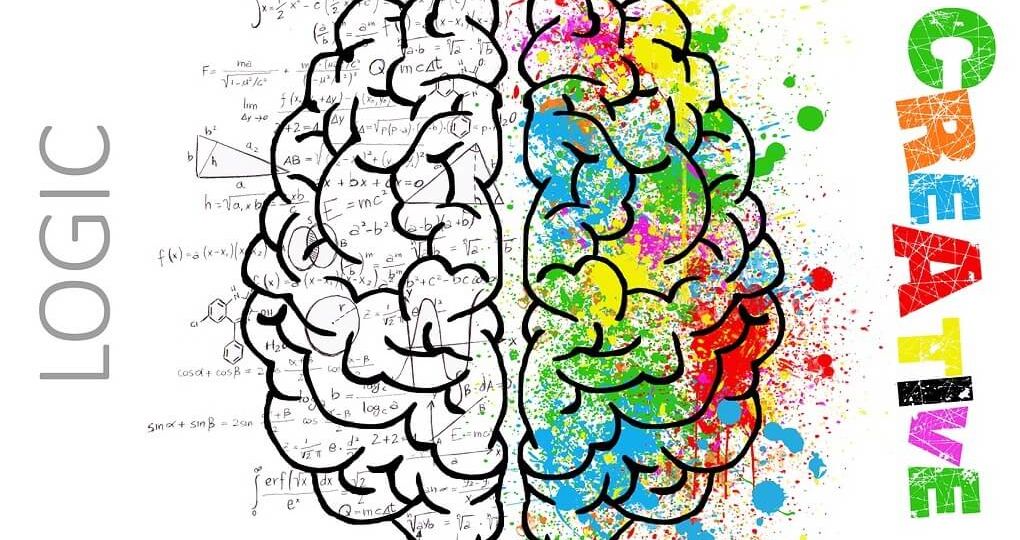
Creativity and Healthy Hobbies: This Is Your Brain on Knitting
excerpt from article by By Dr. Mercola
More than half of US households craft at least once a year,1 but for some it becomes a daily pastime. If you’re an avid crafter – knitting, quilting, scrapbooking, etc. – you’ve probably lost yourself in a project on more than one occasion.
This tendency to become so absorbed in your craft that you’re able to forget about your worries, obligations, and even physical pains is called “flow” – and it’s a key reason why crafting may be phenomenal for your mental and emotional health.
Getting Creative Boosts Brain Health, Happiness
Crafts such as knitting and crocheting are no longer viewed as a pastime for the elderly. In fact, they’re popular among all age groups, from 18 year olds to those over 65.
People in their 20s and 30s are actually taking up knitting in droves, and not because there’s a shortage of baby blankets and hats. The number one reason why people are drawn to this hobby, according to a survey by the Craft Yarn Council, is because it’s a wonderful creative outlet.2
Creating is beneficial for a number of reasons, one being that it allows you to become fully immersed in the moment to the extent that your worries fade away. This “flow,” according to psychologist Mihaly Csikszentmihalyi, is the secret to happiness. As he stated during a TED talk:3
“When we are involved in (creativity), we feel that we are living more fully than during the rest of life… You know that what you need to do is possible to do, even though difficult, and sense of time disappears. You forget yourself. You feel part of something larger.”
Not to mention, crafting likely offers many of the same health benefits to your brain that have been associated with brain games and crossword puzzles, which are known to boost memory and cognitive function.
One study revealed that craft activities such as quilting and knitting were associated with decreased odds of having mild cognitive impairment.4 Another study, published earlier this year, found that taking part in “cognitively demanding” activities was also beneficial.
This would include learning to quilt or take digital photography, which researchers found enhance memory function in older adults.5 Here again the benefits seem to depend on the task being mentally absorbing, which allows you to experience flow.


